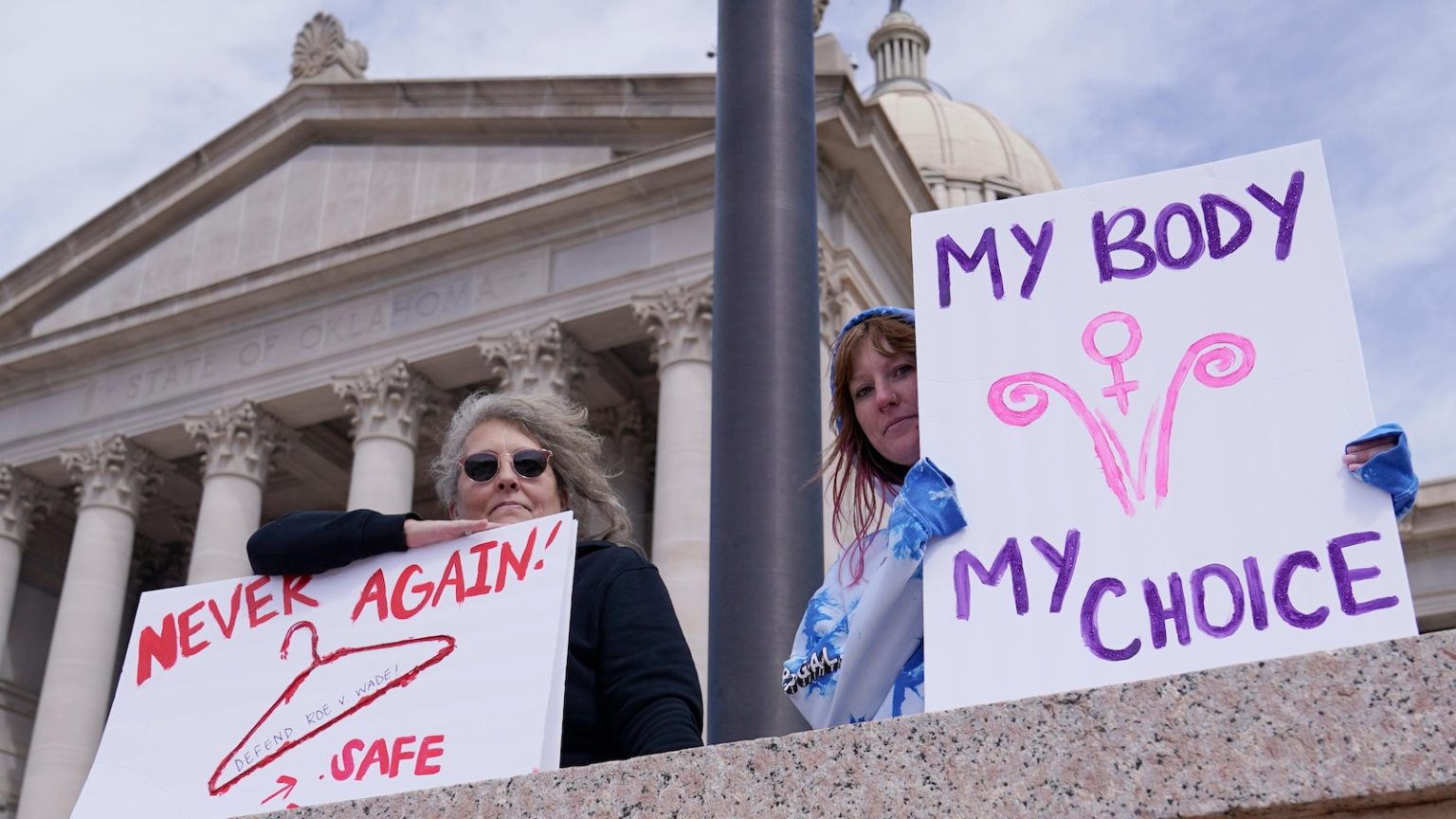The Growing Fear of State Overreach on Abortion Rights
Abortion rights advocates have long warned that the 2022 U.S. Supreme Court ruling overturning Roe v. Wade could lead to drastic measures, such as criminalizing women who seek abortions or tracking pregnant women to prevent them from terminating their pregnancies. While no state has yet enacted laws allowing women to be charged with murder for obtaining abortions, these ideas have gained traction in some legislatures. Recent debates in states like Oklahoma and North Dakota have brought these proposals into the spotlight, though they have largely been rejected after public backlash. For instance, Oklahoma lawmakers voted down a bill that would have allowed murder charges against women who get abortions, while North Dakota’s legislature rejected a similar measure. These proposals, once considered fringe, are now being taken more seriously, even as major anti-abortion groups oppose them, citing concerns about punishing women rather than focusing on restricting access to abortion.
Missouri’s Controversial Proposal to Track Pregnant Women
One of the most alarming proposals has emerged in Missouri, where lawmakers are considering a bill that would create a state database to track pregnant women deemed "at risk" of seeking an abortion. Under this legislation, the Missouri Department of Social Services would maintain a "central registry" of these women and connect them with prospective adoptive parents. The bill also aims to coordinate adoption proceedings. However, the proposal has faced significant pushback, even among Republicans. House Speaker Jonathan Patterson expressed concerns about privacy protections and the potential cost of the program, estimated at $30 million annually. Despite these concerns, some supporters argue that the bill demonstrates the pro-life movement’s commitment to supporting women and children, countering critics who say the movement only cares about ending abortion.
The Rise of Punitive Measures Against Women Seeking Abortions
In addition to Missouri’s database proposal, other states have considered punitive measures targeting women who obtain abortions. Oklahoma’s Senate Judiciary Committee recently rejected a bill that would have allowed women to be charged with murder for getting an abortion, with penalties ranging from life in prison to the death penalty. Similarly, North Dakota’s House voted down a measure with similar provisions. These bills have been met with opposition from both Democrats and some Republicans, who fear such laws could lead to unintended consequences, such as criminalizing women who experience miscarriages. Additionally, critics argue that these measures could galvanize support for abortion rights, particularly in states where voters may push back against extreme restrictions.
The Role of Major Anti-Abortion Groups in Shaping Policy
Despite the growing attention to these punitive and invasive proposals, major anti-abortion groups have long opposed such measures. Organizations like the National Right to Life Committee and Susan B. Anthony Pro-Life America have argued that women should not be punished for seeking abortions, as many are coerced into the decision. These groups have urged lawmakers to focus on restricting abortion access rather than criminalizing women. However, some conservative lawmakers disagree, arguing that penalizing women is necessary to enforce abortion bans. For example, Oklahoma Senator Dusty Deevers, who sponsored the failed murder charge bill, claims that his approach is the only way to stop women from obtaining abortion pills prescribed by out-of-state doctors via telehealth services.
Privacy Concerns and the Broader Implications of Abortion Tracking
The debate over these proposals has also raised significant privacy concerns. Abortion rights advocates have long warned that reproductive health data could be used by law enforcement or other entities to target women who seek abortions. These fears are not unfounded, as some Democratic-led states have taken steps to protect health data in recent years. For example, providers in states like Wyoming report that patients are increasingly concerned about being tracked by their home states when they travel to seek abortions. Katie Knutter, executive director of Wellspring Health Access, noted that the broader media discussion around these issues has made patients "very aware and very concerned" about the potential risks of seeking abortion care.
The Political and Cultural Divide Over Abortion Rights
The ongoing debate over these proposals highlights the deep political and cultural divide over abortion rights in the U.S. While some lawmakers are pushing for increasingly restrictive measures, others, including some Republicans, are wary of expanding government oversight or infringing on privacy rights. The financial and logistical challenges of implementing such measures have also given pause to lawmakers in states like Missouri, where the proposed database has faced skepticism due to its cost and potential for abuse. As the abortion rights landscape continues to evolve, it is clear that these debates are far from over—and the stakes for women’s health, privacy, and autonomy could not be higher.















